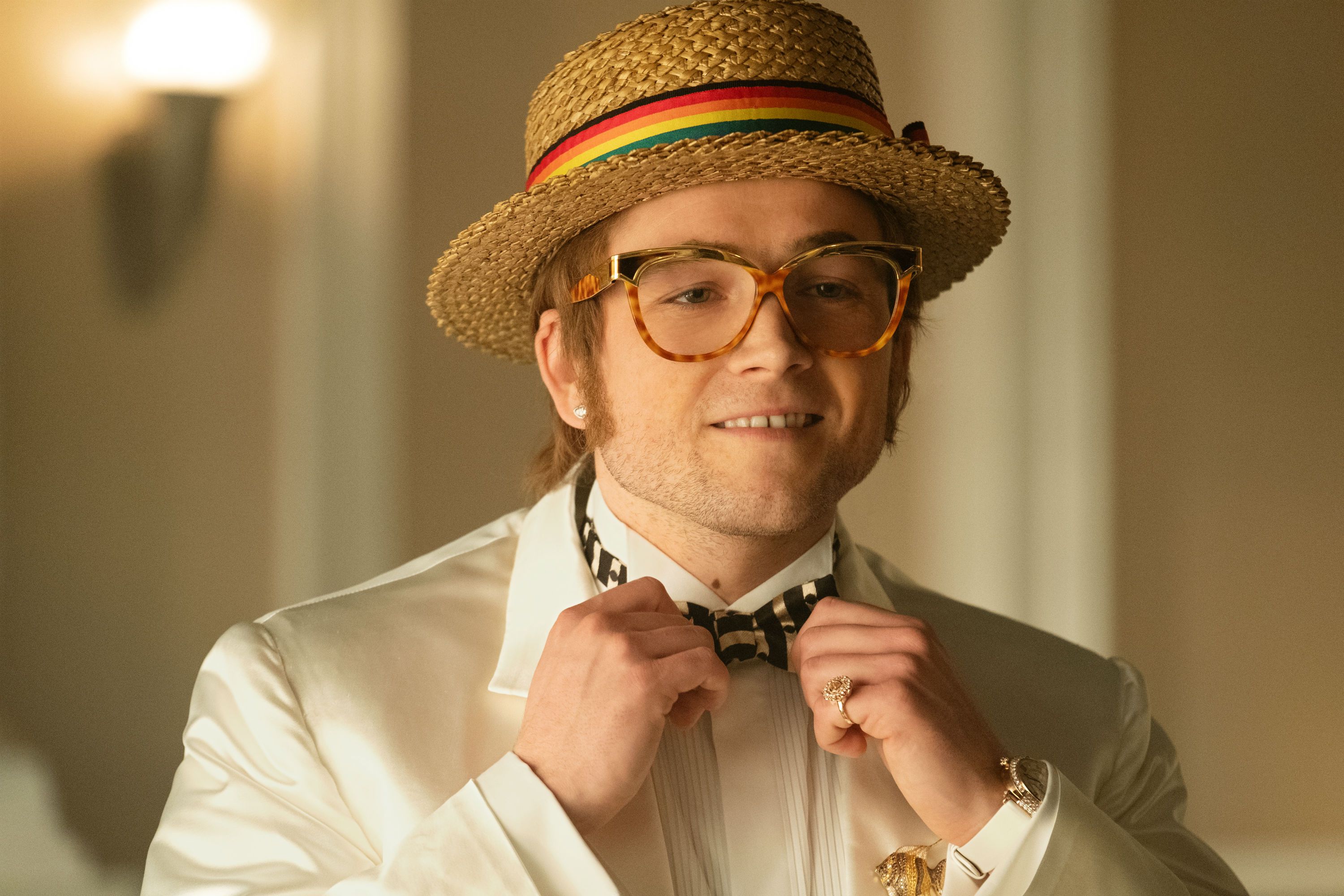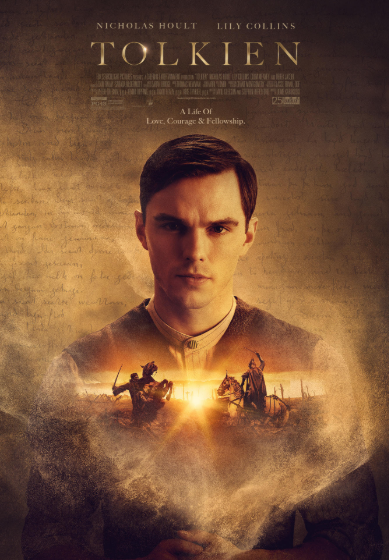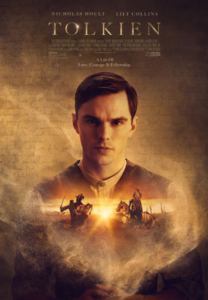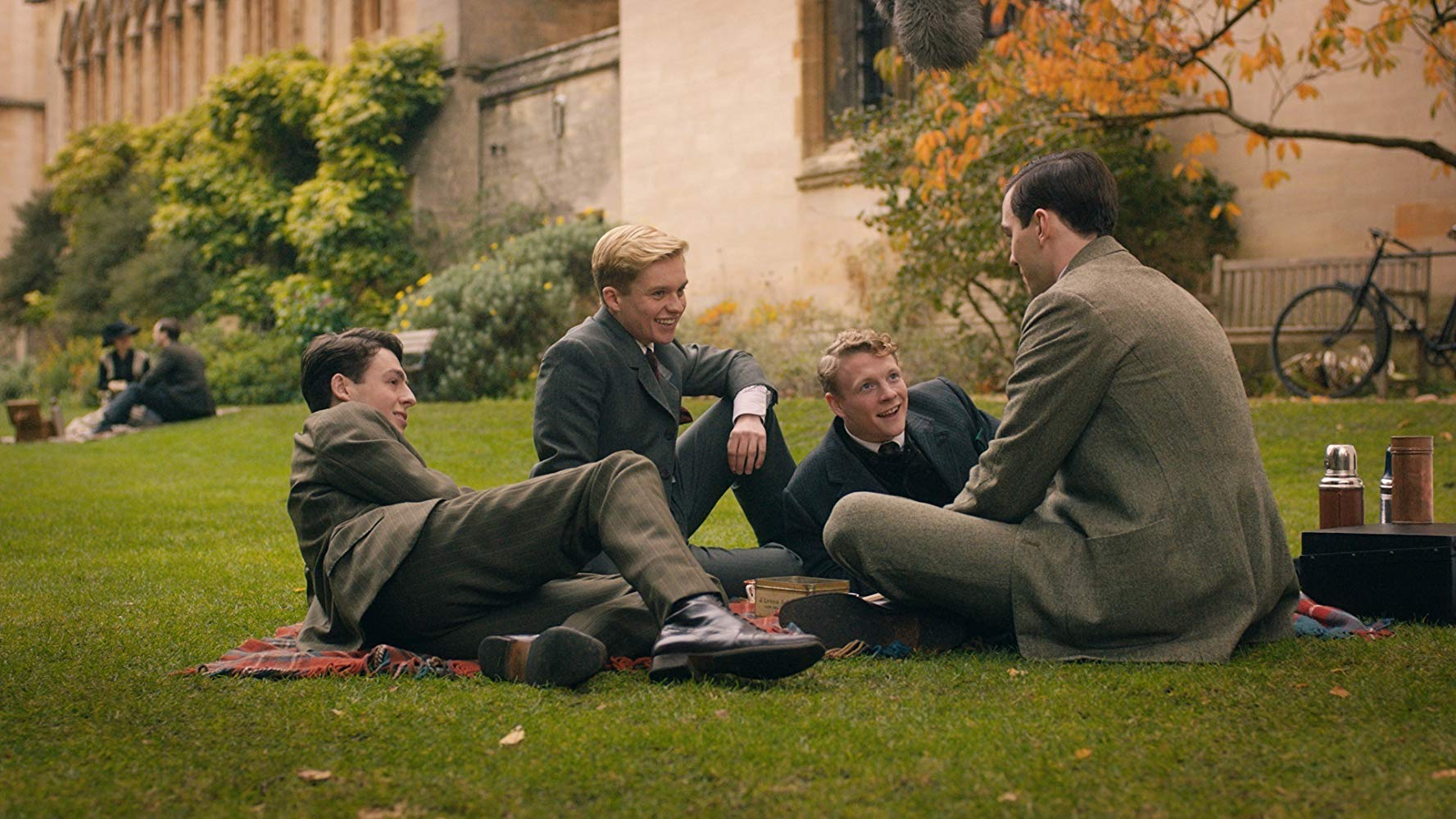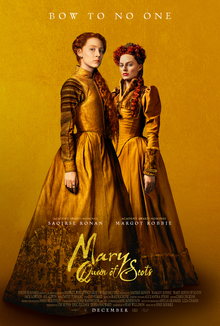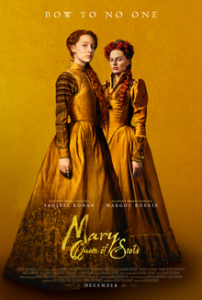Rocketman
Posted on May 30, 2019 at 5:42 pm
B +| Lowest Recommended Age: | Mature High Schooler |
| MPAA Rating: | Rated R for language throughout, some drug use and sexual content |
| Profanity: | Very strong language |
| Alcohol/ Drugs: | Extended substance abuse including drugs and alcohol |
| Violence/ Scariness: | Suicide attempt, family issues |
| Diversity Issues: | A theme of the movie |
| Date Released to Theaters: | May 31, 2019 |
| Date Released to DVD: | August 26, 2019 |
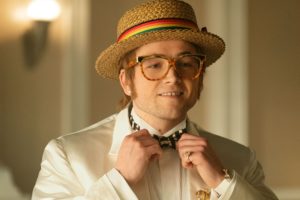
Elton John strides purposively down a corridor dressed in what looks like devil costume for Liberace’s Halloween party. But he is not moving toward a stage or recording studio. He is not going to sing or compose. He is going to tell his story to a different kind of audience, a support group in a drug rehab facility. And to us.
“Rocketman,” produced by Sir Elton himself, is a sometimes-impressionistic retelling of the classic VH1 “Behind the Music” story of sex, drugs, and rock and roll. Instead of “and then I wrote” with a chronological rehash of hits, celebrity encounters, romantic ups and downs, and AA-style amends, it is a dramatic version of a jukebox musical, with full-on dance numbers and songs that match the mood of the moment. Director Dexter Fletcher, who also finished up “Bohemian Rhapsody” after the original director was fired, wisely uses the more flamboyant elements of the story as a backdrop and keeps the camera focus on Taron Egerton (the “Kingsman” movies and “Eddie the Eagle,” also directed by Fletcher). He makes us see the energy and magnetism of Sir Elton as a performer, but it is in the most intimate close-ups that we see Sir Elton the person, vulnerable, scared, and longing to be truly accepted.
As Sir Elton tells his story to the support group, he removes the costume, a piece at a time (the horns come off first), and he reveals his own layers as well, starting with the child then known as Reg Dwight (an impressive Matthew Illesley), who lives with his distant father (when Reg asks for a hug, his father says, “Don’t be soft.”) and his self-involved mother (Bryce Dallas Howard), and his kind-hearted grandmother (Gemma Jones). Reg’s musical gifts are evident immediately; he can play anything he hears. He gets a scholarship to the Royal Academy of Music (his grandmother takes him there when his mother can’t be bothered).
And then he hears Elvis, and it’s all about rock and roll. His band plays back-up for touring American acts, and he changes his name (“Elton” was nicked from a bandmate; in the movie John comes from John Lennon but in real life it was from his mentor, “Long John” Baldry). And then he answers an ad for singers and songwriters and, when he says he composes and does not write lyrics, an unopened envelope is handed to him and it turns out to be from Bernie Taupin (Jamie Bell of Billy Elliot and Film Stars Don’t Die In Liverpool). They form a close working and personal relationship.
And then there is the breakthrough performance at LA’s legendary Troubadour club. The future Sir Elton at first refuses to leave the bathroom when he hears that musical legends are in the audience: some of the Beach Boys, Leon Russell, Neil Young. But then he comes on stage and it is magical. We see him, and then the audience literally float up into the air, an exquisitely lovely moment that perfectly translates the euphoria of the performance.
Then there is a troubled romantic and professional relationship with a new manager (smoldering Richard Madden as John Reid) and unimaginable excess as he still struggles for acceptance from his parents. In a particularly wrenching scene Sir Elton sees his father, who will not see him perform, warmly affectionate with the children of his second wife. As we return to the scene at rehab, we see him finally able to accept the love he so desperately wants.
Egerton showed us in the “Kingsman” movies that he has what it takes for the performative side of this story, but this is the first time we have had a chance to see just how sensitive and subtle an actor he is. There are moments when we can see three or four different emotions on his face at once, as in his phone call to his mother to tell her he is gay or when he is mesmerized, terrified, and flickering back and forth between being open and hiding his feelings with Reid. In one split second he goes from drugged-out, depressed, and anxious back stage to full-on rock star as he walks out toward the audience. It is hard to imagine there will be a better performance on screen this year.
Sir Elton wanted the focus of this story to be on his personal life and his feelings, interpreted by the music, rather than his story as a composer and performing artist. For that, of course, we have Sir Elton himself, his music videos and recordings of his live performances, and the songs which over decades have said so much.
Parents should know that this movie includes extensive substance abuse, a suicide attempt, family dysfunction, addiction issues, sexual references and situation, and very strong language.
Family discussion: What person did he want to be? Which is your favorite Elton John song? How do you like this more subjective form of storytelling?
If you like this, try: the music of Elton John and other real-life stories of musicians including “Bohemian Rhapsody,” “Coal Miner’s Daughter,” and “Walk the Line”

